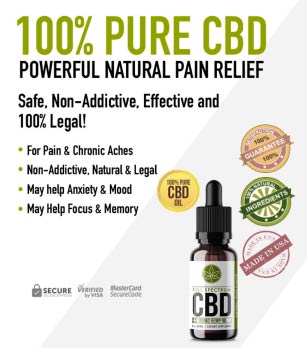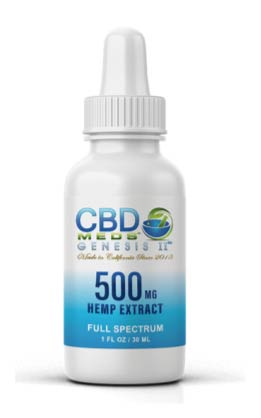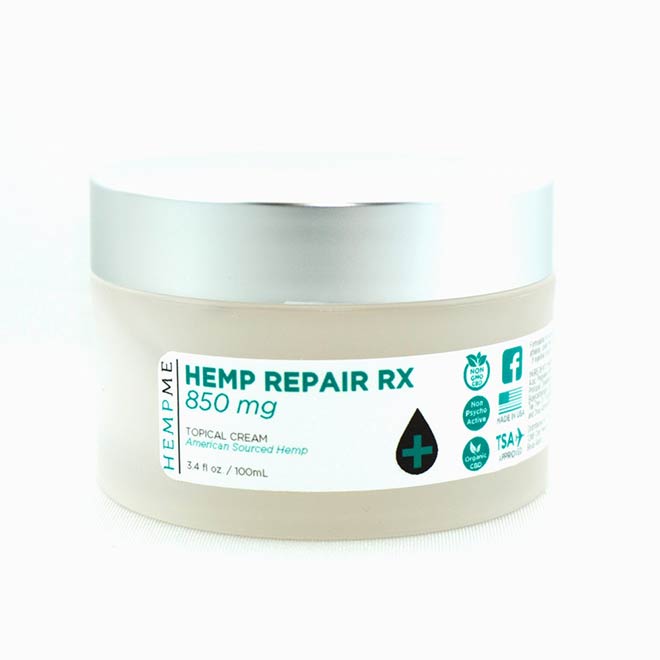CBD crystals sure sound exquisite. And even though they have nothing to do with jewel-type crystals, they are one of the purest forms of CBD you can buy.
Appearance
CBD crystals come in the form of powder.
Creation Process
CBD crystals are basically the next natural step in the purification evolution of CBD isolate.
After extracting CBD from source material and obtaining a CBD isolate, an extra step of purification is performed. This aims to purge all other plant material, including terpenes. Some companies do this by way of chromatography and others via winterization. Perhaps the general rule of thumb is the latter, since it’s precisely that extra step of winterization that CBD crystals are most likely named after, being that this process is also known as fractionate crystallization.
The result is 99% CBD purity.
Quality
CBD crystals are also completely devoid of odor and taste.
Modes of Intake
A lack of taste and odor provides versatility.
Cooking
You can infuse your coconut or olive oil with CBD crystals and then add the mixture to anything you like. Just keep in mind CBD’s boiling point if you’re going to heat it: 160-180 Celsius or 320-356 Fahrenheit.
DIY Tincture
On the “oily” note, you can also dissolve CBD crystals into medium-chain triglycerides (MCT) oil, for example, the gold standard for carrier oils, and use it as a tincture.
Topicals
You can also mix CBD crystals into your existing creams, simple as that.
Sublingual
You can also put CBD crystals under your tongue and wait for the mucus membrane to soak it up and transmit it to your blood stream. This is generally the easiest and most effective mode of intake from a bioavailability standpoint.
Drinking
Simply dissolve CBD crystals into a drink. Just keep in mind CBD doesn’t mix with water all that well, so you should probably go for fatty, creamier beverages like milk, and make sure nothing is left on the bottom of the glass.
Dabbing/Vaping
You can dab CBD crystals like you would wax or any other similar extract. Just place it on a hot surface so that it starts melting, and then vape or dab it, using the necessary equipment.
What CBD crystals may lack in terpenes and other cannabinoids and respectively the entourage effect that occurs between them, they make up in purity, versatility, and user-friendliness.
Image Credit: Hilga
Image Source: https://pixabay.com/photos/crystals-stones-rock-crystal-5188661/



